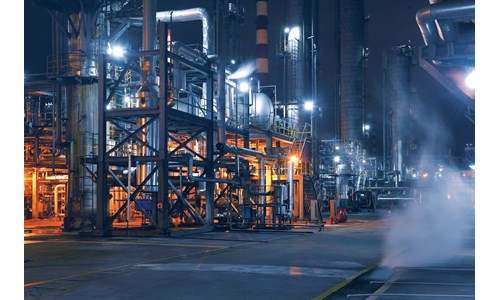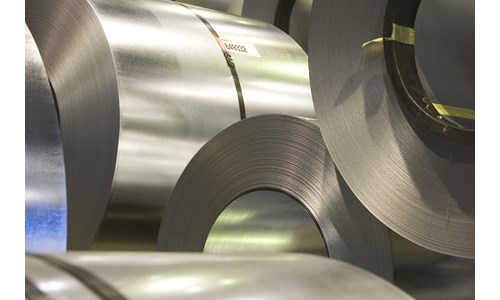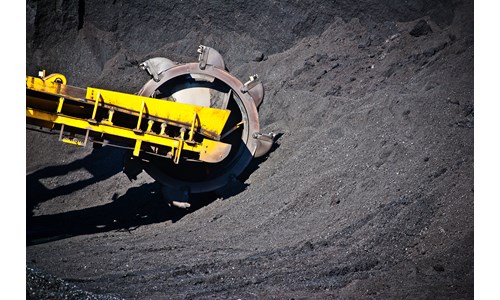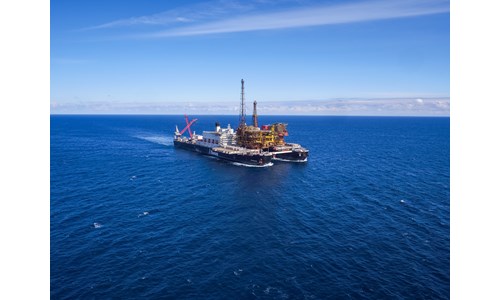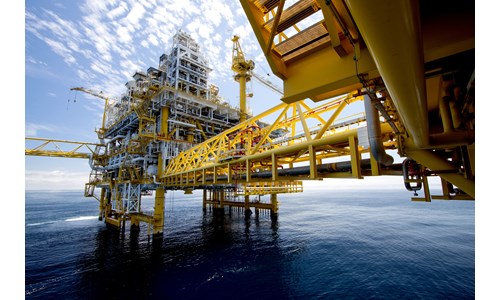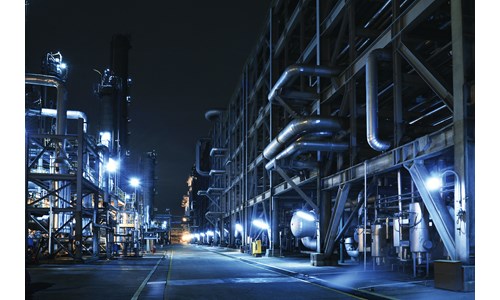CBAM: How the world will share the EU’s climate ambitions
*Please note that this report only includes an Excel data file if this is indicated in "What's included" below
Report summary
Table of contents
- Executive summary
-
CBAM: how the world will share the EU’s climate ambitions
- The EU is pushing for early implementation and wider scope of the CBAM
- How will the CBAM impact the EU market?
- Importers will face higher carbon and administrative costs
- Producers will no longer be shielded by free allowances
- Manufacturers may pass higher costs to consumers
- EU trade partners will feel greater pressure in relevant upstream materials sectors
- EU trade partners will eventually want to introduce a domestic carbon tax, with cascading effects globally
- The CBAM will likely change competitive dynamics between the EU and foreign producers
- 2 more item(s)...
Tables and charts
This report includes the following images and tables:
- CBAM legislative process
- An extended scope and an earlier implementation of the CBAM
- EU ETS allowance auction (2021-2032)
- Phase-out of free allowances
- Effective CBAM rate
- EU’s import value in CBAM sectors and carbon price in trade partners
- EU steel import composition by value (2021)
- Average steel plant emission intensity
- EU aluminium import value composition by value (2021)
- Average aluminium smelter emission intensity
- Change in comparative advantage associated with carbon cost (steel and aluminium)
What's included
This report contains:
Other reports you may be interested in
American made: will the USTR's anti-China measures bring large-scale LNG shipbuilding to the US?
From 2028, at least 1% of all US LNG exports are required to be carried onboard US-built LNG carriers
$1,050European CBAM - Implications for the Chemicals Sector
How will the inclusion of chemicals in the scope of the European Union's CBAM affect the petrochemical manufacturing industry?
$9005 key questions for the gas and LNG industry ahead of Gastech 2024
In the lead-up to Gastech 2024, we have tackled some of the key questions that will shape the debate within the gas and LNG sectors.
$950





